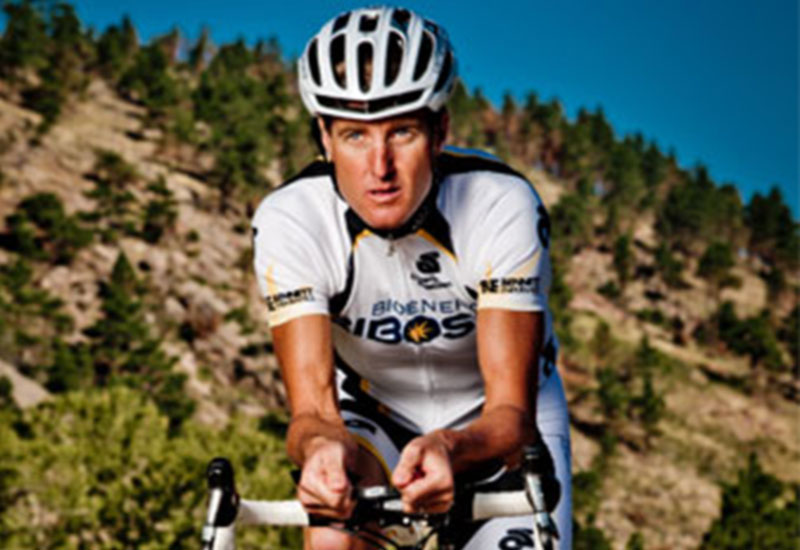Olympic triathlete Greg Bennett has said that taking Bioenergy Ribose gives him the energy and quick recovery he needs to keep up with athletes half is age. His is an inspiring career, and in part one of this interview with Bioenergy Life Science (BLS), he shares more advice for staying in good shape throughout each stage of your life.
BLS: Why were you so excited to talk about fitness, and the physical changes as we age?
GB: I was anxious because most people talking about ‘ages and stages” begin by discussing worn-out joints and the like. I want to start with the one thing that I believe leaves us first as we age. That thing is Passion. Once the passion to keep the routine, to do the work and be excited about the performance leaves us, everything else will also leave.
BLS: How has passion factored into your successes?
GB: Keeping the passion alive is critical to keeping the body performing physically, mentally and emotionally at its best. Finding a passion, and fueling that passion constantly will make the physical changes to the body as you age much easier to manage. Passion is the one thing that I believe separates me from all the other aging athletes. I’m a 42-year-old professional triathlete, competing for my 29th year in Triathlon, 21 of those years as a professional. I am still winning major events. I’ve had to adjust my training as I age, but this adjustment has never been difficult so long as the flame is still alight.
BLS: What’s one of the biggest misconceptions about how our bodies respond to training as we age?
GB: I’ve often laughed when I’ve heard someone say, “I’ve finally figured out the right training routine.” I laugh, because they have figured the right training routine for today. One month, six months, a year or two from now, the body will not respond the same way it did when we were younger. We are always changing. The decisions we made yesterday will always effect today and tomorrow.
BLS: What should people in their 20s understand about training and endurance?
GB: The body is still making changes after the teenage years. Strength, power and speed all come pretty easily. The body recovers quickly, ready to take on the next day again and again. The aerobic engine builds and the body becomes more efficient at the movement patterns that are being constantly trained into it. Injuries still happen, but the body’s ability to recover quickly in its 20s allows us to get going with less time on the sidelines.
BLS: What happens once you hit your thirties?
GB: I call this time the “Golden 30s”. In an endurance sport like triathlon, the 30s are the golden age for peak performance, so long as you keep the passion alive. The body is still fast, strong and powerful. But now we add more efficiency of movement and the aerobic engine is far more developed. Looking back at my career, my 30s were when I had my greatest successes: Winning the World Triathlon series twice in my early 30s, the world’s richest triathlon series purse three times in my mid-30s, and the world’s richest one-day prize purse at 39. Obviously this doesn’t just happen. I believe I’ve trained harder than anyone else on the planet. I’ve backed up this training with loads of recovery work. (Massage three to four times a week, chiropractors once a week, and loads of time using foam rollers etc.) And of course, Bioenergy Ribose to help speed muscle recovery. Most importantly, I’ve kept my passion alive.





